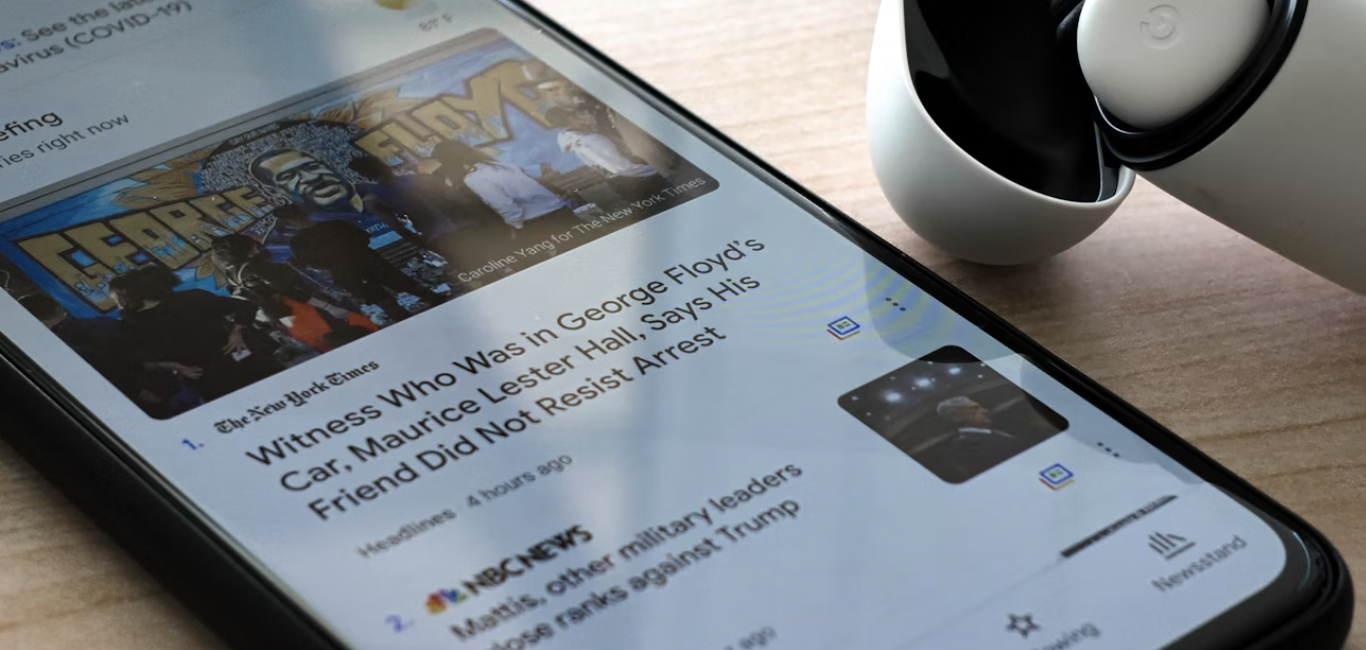
Jennifer Brooks assesses the validity of claims that Gen Z are gravitating towards authoritarian politics
An article recently published by the Guardian has claimed that Gen Z are becoming disillusioned by democracy. It highlights how in a recent study by Channel 4, ‘young people are attracted to authoritarianism, populist parties and ‘strong man’ leaders’. I see this as an overwhelmingly sweeping statement on Gen Z’s views on politics and current affairs.
The article uses a Channel 4 report which found 52% of Gen Zers thought “the UK would be a better place if a strong leader was in charge who does not have to bother with parliament and elections.” The writer, David Batty attempts to explain his reasoning for this. First, blaming the fact that Gen Z are frustrated with politicians inertia on issues such as the climate breakdown. While this is true, as a Gen Zer myself, I don’t believe this is the main frustration. The second reasoning is that Gen Z demands rapid change thanks to freedom online, where opinions can be heard, and heard quickly.
Fed up with the stagnation caused by centrist politics
I argue these reasons are only partly why Gen Z is disillusioned. Firstly, as a politics student, I have observed that the main frustration amongst voters of my age is they are fed up with the stagnation caused by centrist politics that we are seeing, particularly in this country. So often you hear young people say, ‘They’re all as bad as each other, so what’s the point?’ This, for young people, has mostly stemmed from their experience during ‘lockdown’. Older generations tended to view ‘lockdown’ as a welcome break from day-to-day life. For younger generations, key formative years were lost. Those in power abused their position, which caused many to have little faith in the government. Students in lockdown who ‘partied’ received major fines, while the politicians in government got away with it. Do you see why there is resentment?
The article has failed to recognise Gen Z’s first political memories
Secondly, the article has omitted the impact of social media platforms such as Tiktok and X. Yes, David Batty explores how Gen Z are able to present their opinions more easily and frequently online. However, many overlook how effective algorithms actually are. Let’s take Gymtok and Gymcels as examples. You have an interest in finding more exercises, so you go to Tiktok, a platform that’s now becoming the place of research for Gen Z. The next day, gym content proliferates on your ‘for you page’, which of course you continue to like and favourite. Then, more intense videos appear on how to be a ‘strong’ man in the most traditional sense. This continues until you are recommended videos and podcasts inherently based on the ‘manosphere’. Often, this targets young male voters and can change who they deem fit for power.
On a personal note, I believe the article has failed to recognise Gen Z’s first political memories – 2008, Brexit and Trump’s first win. With Brexit, young people have to deal with the repercussions of a campaign based on lies and a vote they had no part in. For example, the ability to travel for work has become substantially more difficult which causes intense frustrations. Trump’s win showed how even the ‘experts’ could be wrong in their predictions. It is no surprise that Gen Z wants a shake-up.
We must challenge sources and develop our own political narrative
I believe the youngest generations throughout history have always been the easiest to blame for changes in politics. There is a natural and historical inertia with the younger age group when it comes to voting, particularly seen in Gen Z’s belief that there is nothing in the system for them. One could argue this is something that goes both ways, with younger generations blaming the boomers. I argue that both the Channel 4 study and Guardian article shows how this rhetoric continues. It emphasises why it is so important for us to question studies, statistics and articles. We cannot simply believe the first thing we read, hear or watch- fed up with the stagnation caused by centrist politics. Certainly, Gen Z wants change, but that does not necessarily mean a dictatorship!
If you liked this, you should read…
Selective Outrage: Why Do We Give Some Nepo Babies a Free Pass?
Why Celebrities are Cancelling CosmeticsThe 4B Movement and its “Men Strikes”
Comments